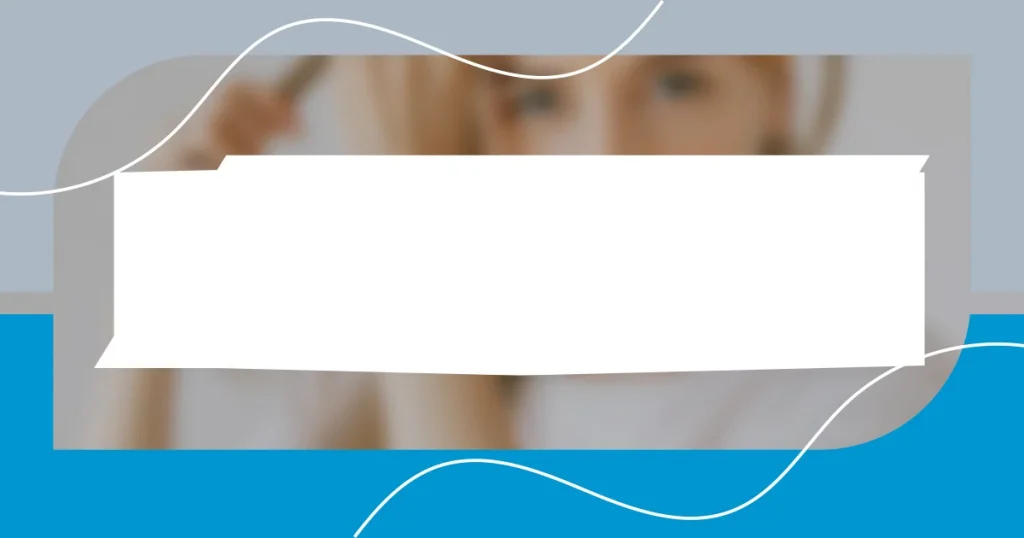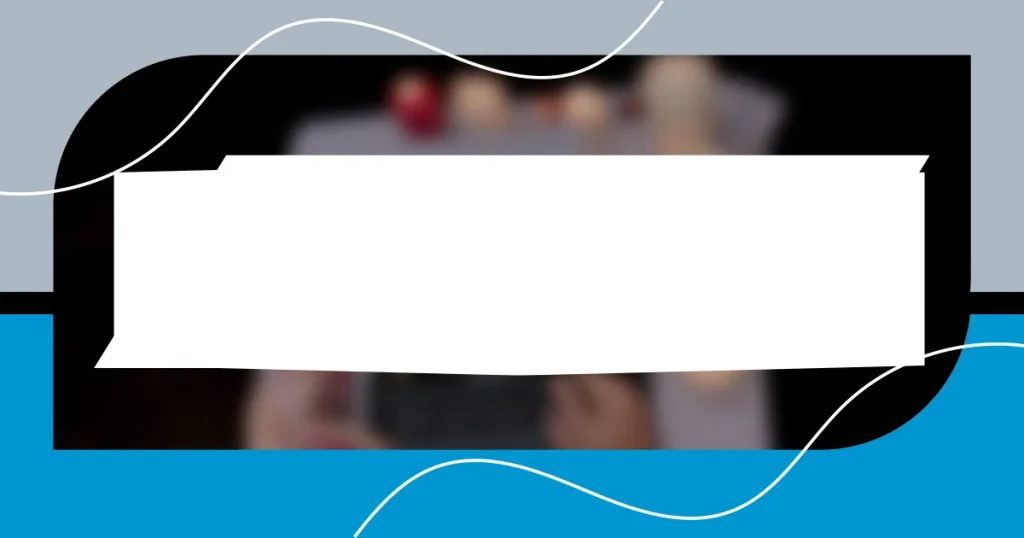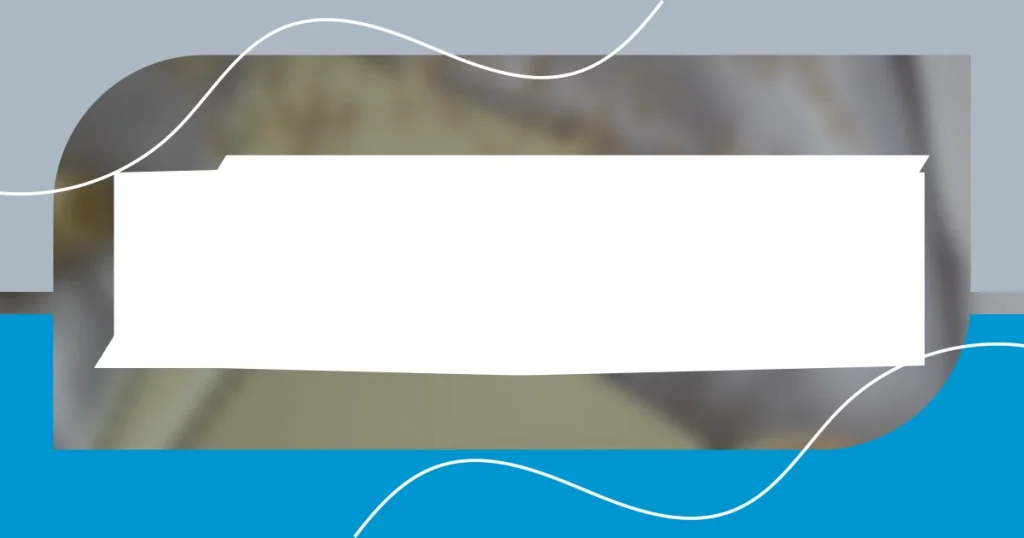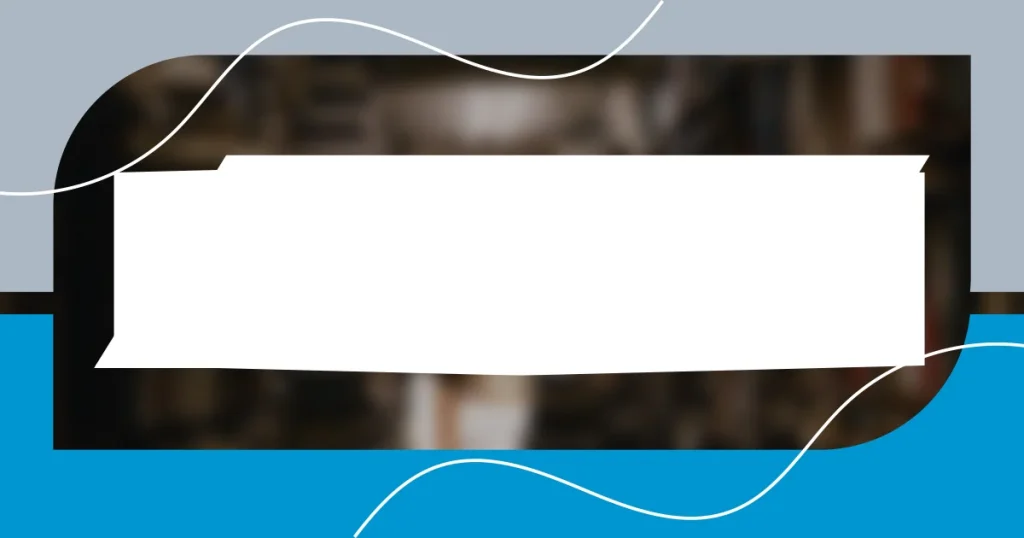Key takeaways:
- Quirky character traits reflect individuality and authenticity, fostering deeper connections and self-acceptance.
- Unique personalities challenge societal norms, encourage curiosity, and inspire self-reflection about our own eccentricities.
- When creating characters, incorporate relatable quirks that reveal their backstory, motivations, and enhance their relatability.
Understanding quirky character traits
Quirky characters often possess traits that set them apart from the crowd, making them uniquely relatable. For instance, I remember a friend who had a habit of speaking in movie quotes during everyday conversations. Initially, it puzzled me—why would someone choose to communicate that way? But over time, I realized it reflected their creativity and love for storytelling, which brought a certain charm to our interactions.
Moreover, quirky traits can also reveal deeper layers of a character’s personality. Think about the shy artist who insists on carrying around a stuffed animal. What seems odd at first can actually signify a longing for comfort in a chaotic world. It’s fascinating to consider how these eccentricities often stem from a person’s life experiences or inner struggles, ultimately making them more human and relatable.
When I encounter characters that are unapologetically themselves, I can’t help but feel a sense of admiration. It raises a question: why do we find comfort in their quirks? From my perspective, it’s because they remind us of our individuality and the beauty of embracing imperfection. Quirky characters can inspire us to express ourselves more freely, showing that authenticity can be both liberating and captivating.
The appeal of unique personalities
Quirky personalities have a distinctive allure that draws us in. I once met someone with an obsession for collecting vintage lunchboxes. Initially, it seemed peculiar—who would invest time and energy into such a niche hobby? However, as they shared stories behind each lunchbox, I discovered their passion for nostalgia and history. It was this enthusiasm that ignited my curiosity and made me see even the most unusual collections as treasures filled with memories.
There’s something refreshing about characters who refuse to conform. I remember reading a novel about an unconventional librarian who wore mismatched socks as a fashion statement. It was more than just clothing choices; her socks represented her belief in embracing uniqueness in a world that often pushes conformity. This experience made me reflect on how such characters embody the courage to stand out, reminding us that it’s perfectly okay to be different.
This appeal isn’t limited to their traits alone. Unique characters often challenge our perceptions and inspire self-reflection. If we analyze their choices, like my friend who spent afternoons doodling fantastical creatures on public transport, we uncover a realm of creativity that sparks our imagination. After engaging with such quirky individuals, I often feel more empowered to explore my own eccentricities, realizing that originality can lead to deeper connections with others.
| Unique Aspect | Emotional Insight |
|---|---|
| Storytelling through quirks | Fosters connections and deepens understanding |
| Nonconformity | Encourages self-acceptance and individuality |
Why quirks resonate with audiences
Quirks often resonate with audiences because they serve as a mirror of our own complexities. I recall a television character who would always wear mismatched shoes—such a simple detail, yet it conveyed a profound message about imperfection and individuality. This resonated with me, as it reminded me of my own little oddities, like my tendency to write in different colored pens for each day of the week. These traits allow viewers to connect on a deeper level; they acknowledge that none of us are perfect, and that’s exactly what makes us human.
- Quirks evoke empathy by highlighting vulnerabilities.
- They challenge societal norms, encouraging us to embrace our uniqueness.
- Individual eccentricities can foster community—think of how fans bond over shared interests in peculiar habits.
Examples of memorable quirky characters
One of my all-time favorite quirky characters is Luna Lovegood from the “Harry Potter” series. Her unique way of viewing the world—with whimsical beliefs about fantastical creatures and an aloof demeanor—adds a layer of charm to the story. I remember feeling an instant connection to her because she reminded me of a cousin who spoke to plants! It made me wonder, have you ever met someone whose oddities instantly brought a smile to your face?
Then there’s Sherlock Holmes, the brilliant detective with his recluse tendencies and penchant for peculiar habits. I love how his obsession with details that others overlook makes him stand out in a crowd. It’s fascinating to think about the thin line between genius and eccentricity—I often find myself wondering what fascinating discoveries lie in the quirks of those around us, just waiting to be unraveled.
Lastly, I can’t forget about the animated character, Dory, from “Finding Nemo.” Her forgetfulness and unwavering optimism are both endearing and relatable. Who hasn’t had a moment of confusion or misremembered something crucial? Dory’s character teaches us that it’s okay to embrace our flaws. In a world obsessed with perfection, wouldn’t you agree that we all need a little Dory in our lives?
Coping with intentionally flawed characters
Coping with intentionally flawed characters can sometimes be challenging, but it ultimately enriches the narrative. I recall watching a film where the main character was riddled with insecurities and irrational fears, making it difficult for me to relate at first. Yet, as the story unfolded, I found myself empathizing with his struggles, realizing that these flaws made him more authentic. Have you ever noticed how flaws can transform a character into someone relatable rather than just a trope?
Flawed characters can also mirror our insecurities, sparking a reflection on our personal experiences. I remember a favorite book character who was wonderfully clumsy, always tripping over her own feet. I began identifying with her because it reminded me of my own clumsiness during a high school dance. I realized in those moments that her flaws didn’t diminish her strength; they made her journey all the more compelling. Doesn’t it feel liberating when you recognize a bit of yourself in someone imperfect?
While it can be easy to become frustrated by a character’s repetitive mistakes, I’ve learned to appreciate how these flaws often serve a greater purpose. For instance, I met a friend who had a tendency to exaggerate everything, from small happenings to great achievements. Over time, I understood that her tendency to embellish was rooted in her desire for recognition and acceptance. This insight made me reevaluate my initial annoyance and appreciate her for the unique perspective she brought into conversations. Aren’t we all just a little quirky in our own way?
Creating your own quirky characters
When crafting your own quirky characters, think about what makes them stand out in their world. I once created a character who had an obsession with collecting expired coupons, believing they contained hidden wisdom. This detail not only added humor but also made him relatable, as it echoed how we often hold on to the past. What small eccentricities can you infuse into your characters to make them feel alive and memorable?
Diving into the peculiar traits of your characters can also unveil layers of their personalities. For instance, I wrote a character who communicated solely through exaggerated gestures because they felt words often misunderstood their intentions. This quirk not only made writing dialogue more dynamic but also shone a light on how we often struggle to express ourselves authentically. Have you considered how silence or unconventional forms of communication can reveal deeper truths about your characters?
Lastly, remember that quirks often reflect a character’s backstory and motivations. I created a character who wore mismatched socks as a silent rebellion against conformity, stemming from an overly structured upbringing. Each odd choice she made revealed her journey toward self-acceptance and freedom. How can the quirks of your characters lead to a richer exploration of their pasts and desires?
Tips for writing relatable quirks
When it comes to writing relatable quirks, focusing on everyday details can make a character feel more genuine. I once had a friend who would always organize her desk supplies by color, a seemingly small trait that spoke volumes about her need for order amidst chaos. Isn’t it fascinating how such simple behaviors can become windows into a character’s psyche?
Consider how quirks can arise from a character’s environment or experiences. I created a character who compulsively counted steps whenever she walked, a habit she developed after a traumatic event. Initially, that quirk might seem odd, but it reveals her struggle for control in an unpredictable world. Have you thought about how the setting you place your characters in can influence their unique habits?
Lastly, remember that subtlety is key; not every quirk needs to be a showstopper. In crafting a particularly introverted character, I gave him a habit of mumbling to himself as he worked. This quirk resonated not only with introverts who might feel isolated but also with those who talk through their thoughts. How can such nuanced details add richness to your characters without overwhelming them?











